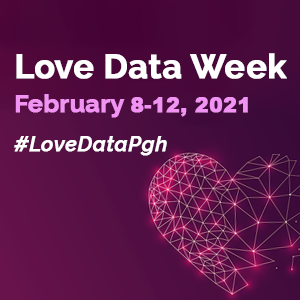After a long development process, the NIH’s new Data Management and Sharing (DMS) Policy will go into effect on January 25, 2023. The key feature of the new policy is that all researchers applying to the NIH for funding will be required to submit a Data Management and Sharing Plan (or DMSP) with their funding proposal; previously, many centers and funding opportunities had required a similar data management plan, but the requirement was not universal. The new policy does not require that researchers share their data (either with other researchers or with the public) but does convey “an expectation that researchers will maximize appropriate data sharing when developing plans.”
With January 2023 fast approaching, many have asked for more specific guidance from the NIH. The NIH has recently launched the Scientific Data Sharing website with helpful notices that expand the DMS Policy, such as:
- Supplemental Information to the NIH Policy for Data Management and Sharing: Elements of an NIH Data Management and Sharing Plan
- Supplemental Information to the NIH Policy for Data Management and Sharing: Allowable Costs for Data Management and Sharing
- Supplemental Information to the NIH Policy for Data Management and Sharing: Selecting a Repository for Data Resulting from NIH-Supported Research

 The week of February 8-12, 2021, is Love Data Week, an international event designed to raise awareness about research data management, sharing, preservation, and—most importantly—how we can help you. To celebrate,
The week of February 8-12, 2021, is Love Data Week, an international event designed to raise awareness about research data management, sharing, preservation, and—most importantly—how we can help you. To celebrate,